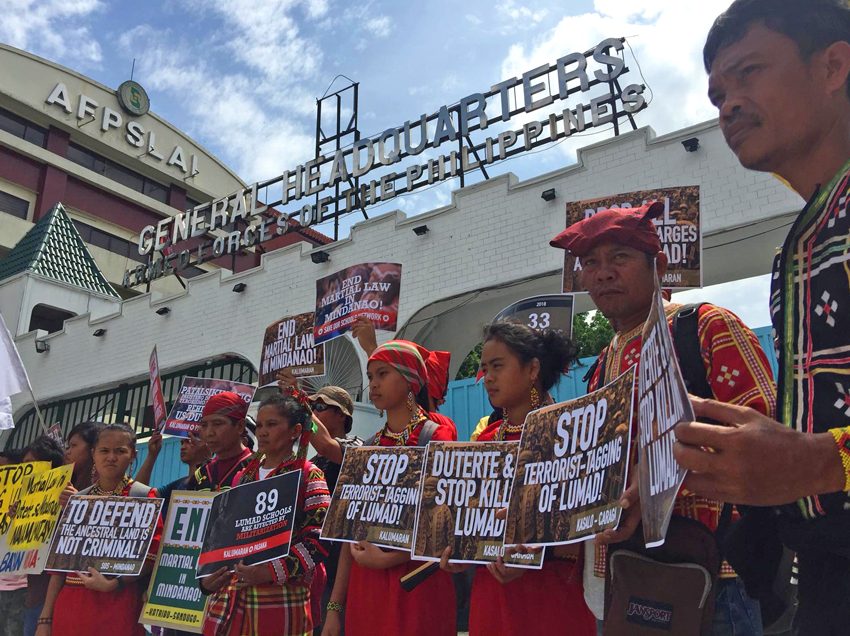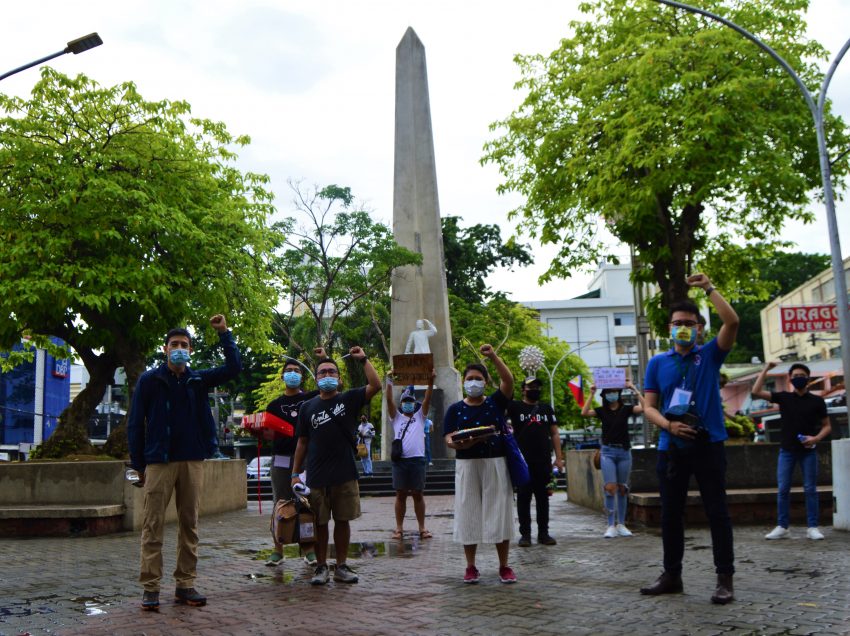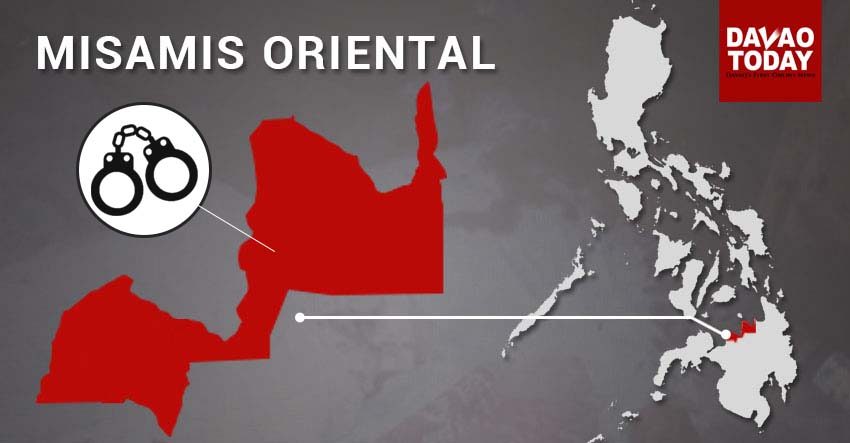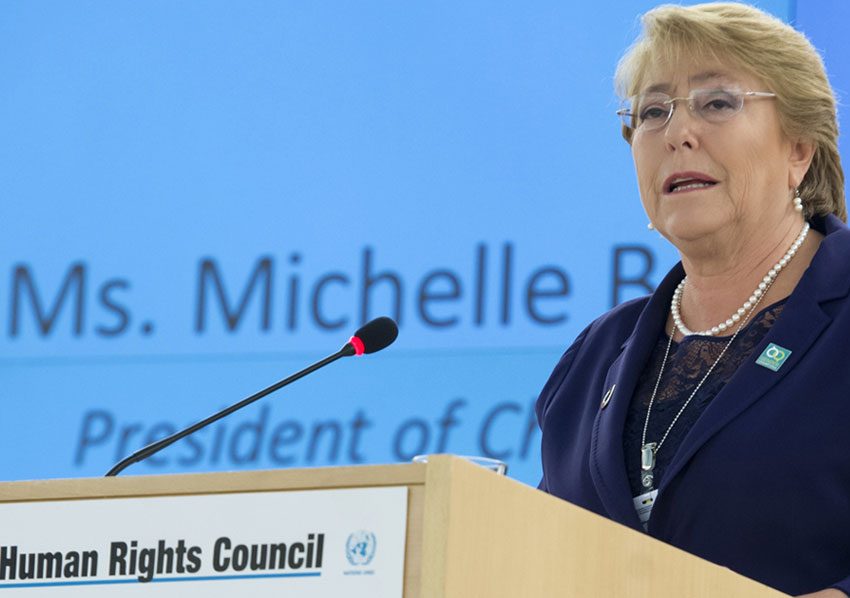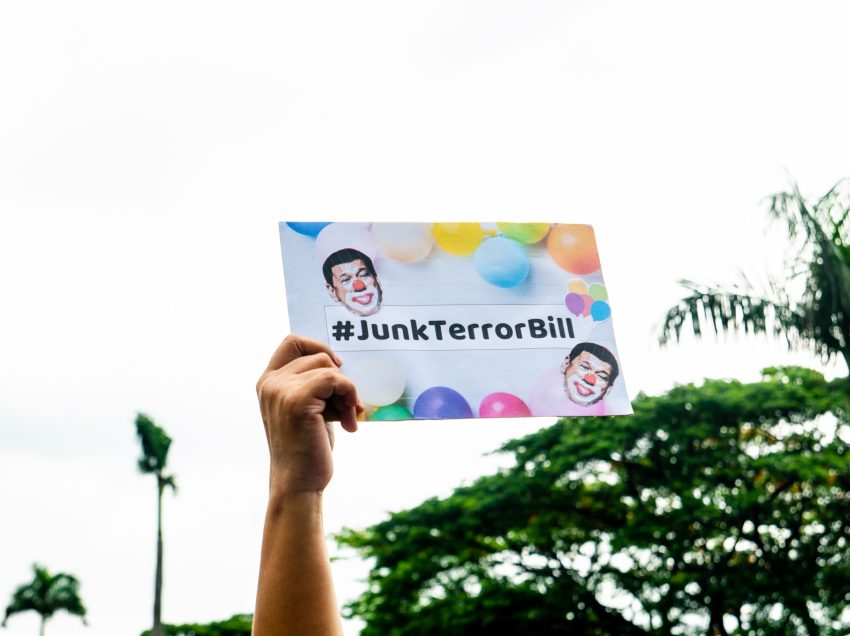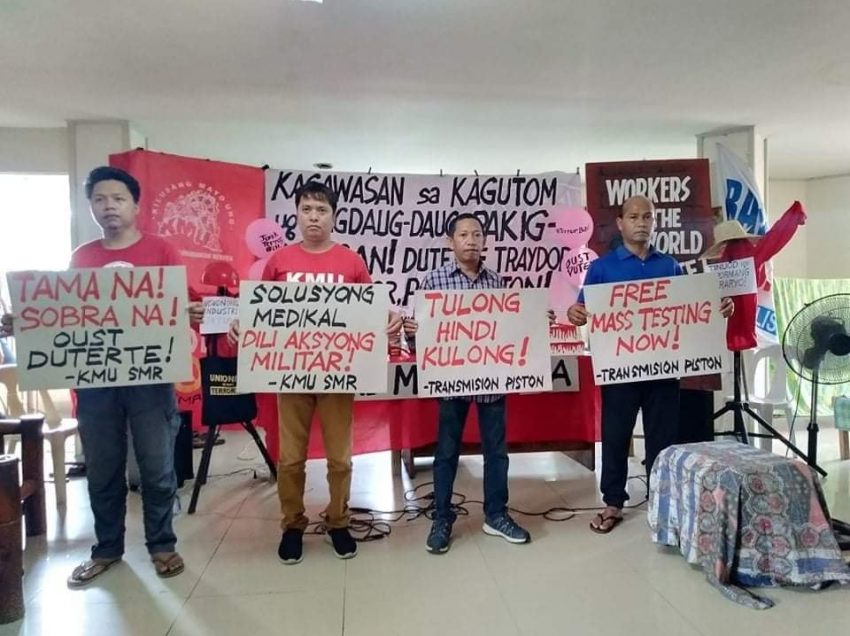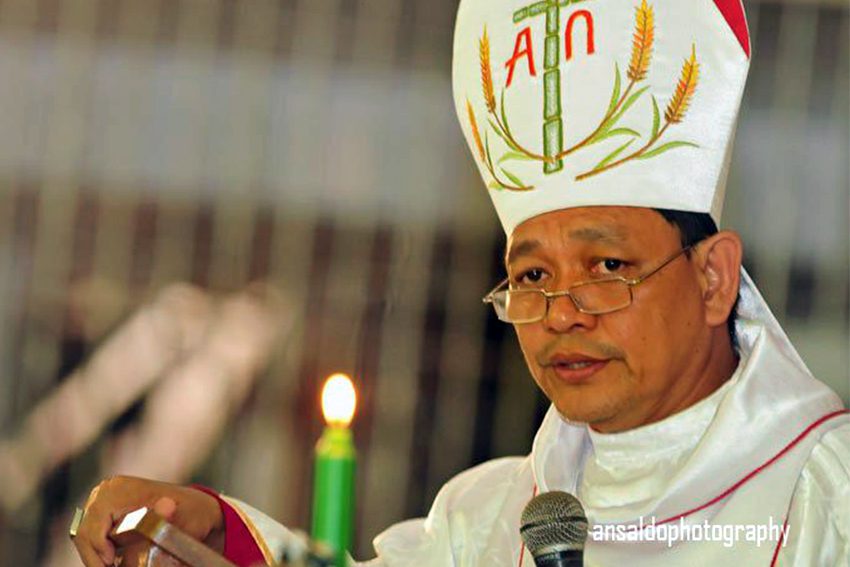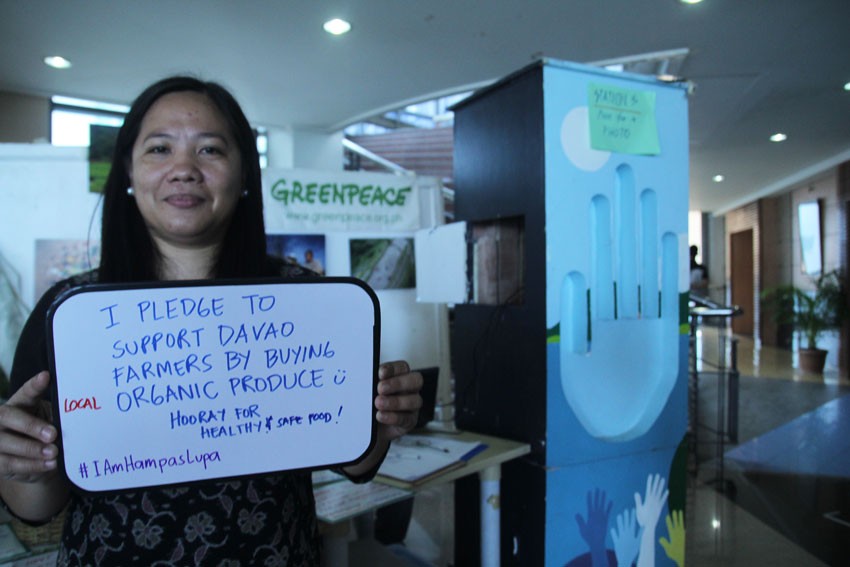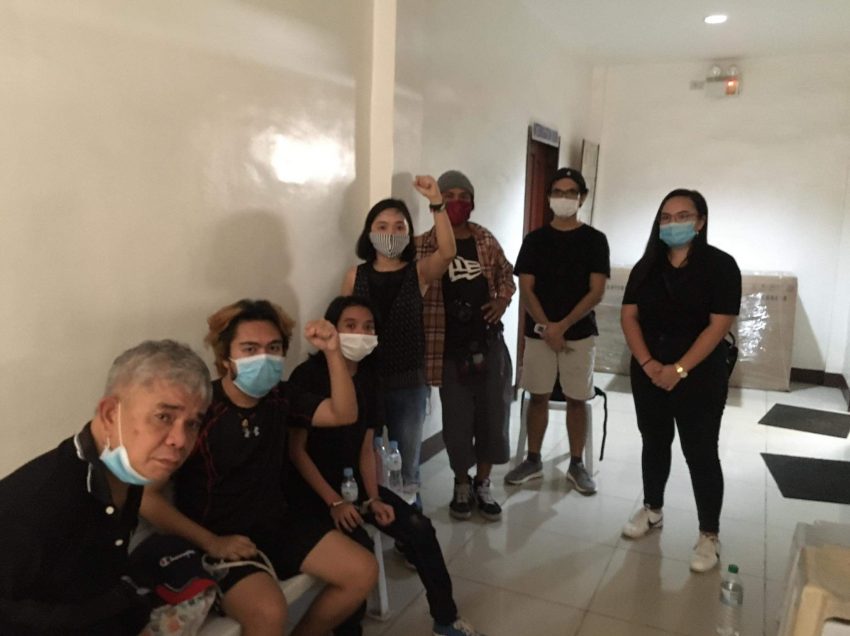Indigenous Peoples and Moro groups denounced the Anti-Terrorism Act of 2020 which they fear would put them into more danger as experienced in the past.
Local and international groups raised the alarm as the Anti-Terrorism Act of 2020 was signed into law by President Rodrigo Duterte on Friday, July 3.
Lumad organizations and their advocates are calling for the immediate release of the seven Lumad who were arrested in a raid in Balingasag, Misamis Oriental and are facing what they claim as trumped-up charges of illegal possession of firearms and explosives.
The United Nations High Commissioner for Human Rights Michelle Bachelet has called on President Rodrigo Duterte not to sign the controversial Anti-Terrorism Act 2020, citing its “chilling effects” on human rights and humanitarian work that has been under siege under his administration.
Human Rights group Karapatan urges the Department of Justice (DOJ) to recommend the veto of the Anti-Terrorism Bill which it is set to review before the president decides on the bill.
More civil society organizations in Mindanao have expressed their opposition to the widely-criticized Anti-Terrorism Bill.
Two leaders of the Iglesia Filipina Independiente (IFI) here have expressed their opposition to the anti-terror bill (ATB).
Environment groups here joined the growing call urging President Duterte not to sign the Anti-Terrorism Act which they say will affect even their advocacy for environmental protection.
Counter-charges will be filed against police officers for the arrests of seven activists and one bystander during their protest on the Anti-Terror Bill along the University of Cebu campus last June 5.
“Justice delayed, justice denied,” says Fidelina Margarita Valle, columnist for Davao Today, remembering her experience a year ago being taken by police agents at an airport.

